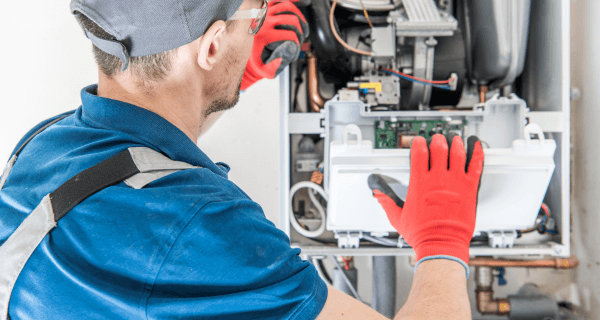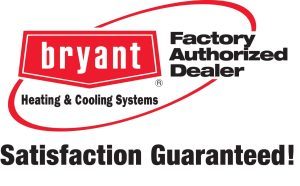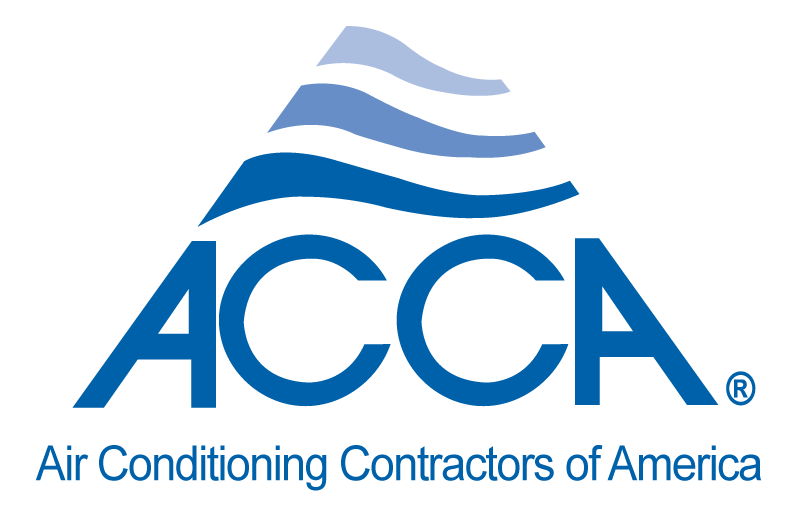When faced with a malfunctioning furnace, homeowners often find themselves torn between the decision to repair or replace the unit. This crucial decision has financial implications as well as considerations for comfort, energy efficiency, and long-term maintenance. In this blog post, we will guide you through the factors to consider when determining whether to repair or replace your furnace.
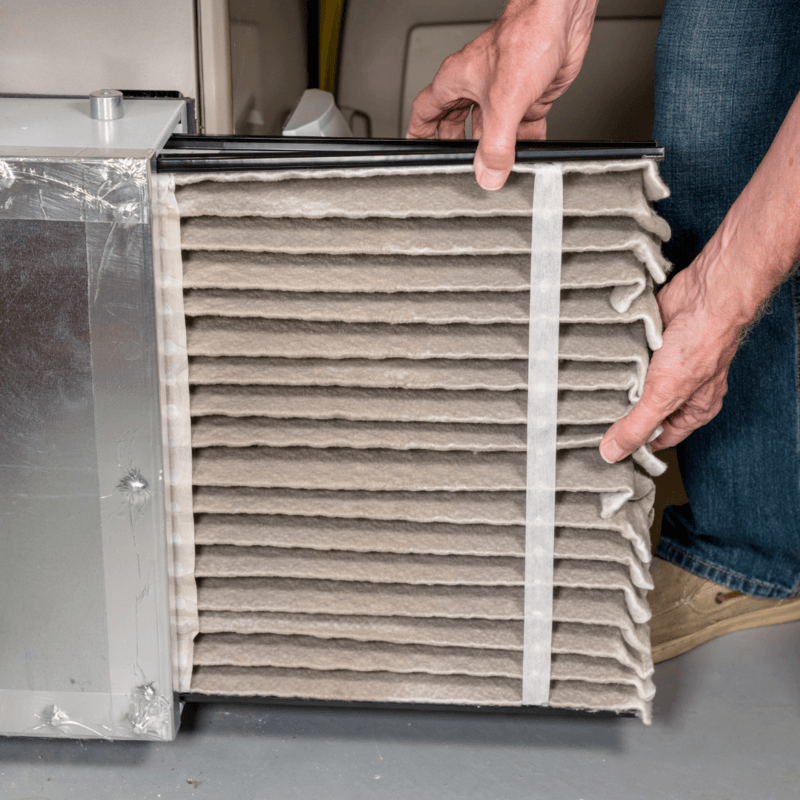
Age of the Furnace
The age of your furnace plays a significant role in deciding whether to repair or replace. Typically, furnaces last between 15 to 20 years. If your furnace is approaching or has exceeded this lifespan and requires frequent repairs, it may be more cost-effective to invest in a new unit. Newer models are designed with improved energy efficiency standards, which can lead to long-term savings on energy bills.
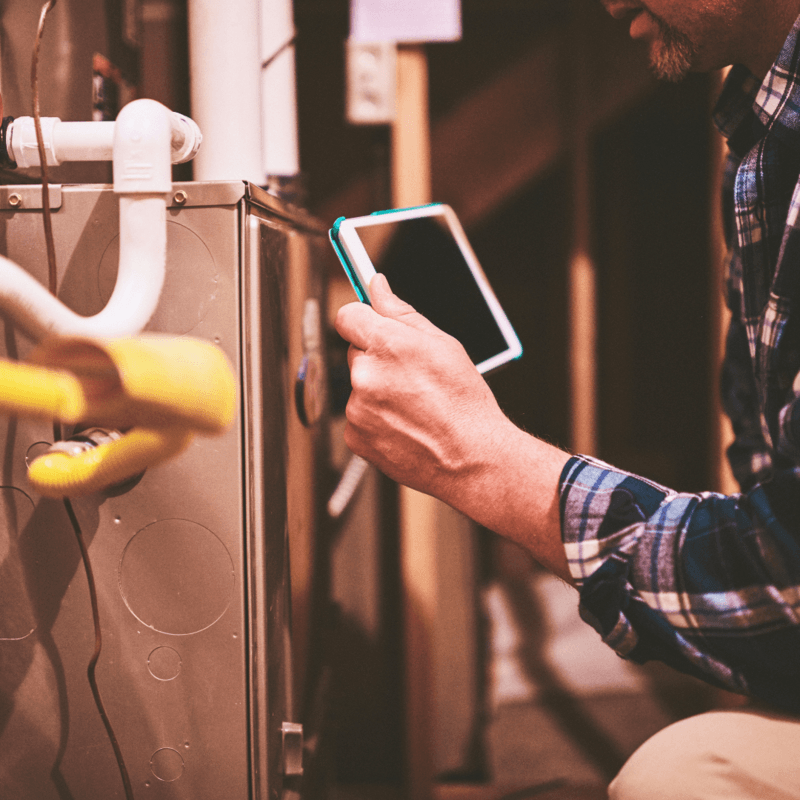
Cost of Repairs
Evaluate the cost of repairs compared to the overall value of your furnace. If the cost of fixing the current issue is less than one-third of the cost of a replacement furnace, repairing might be a viable option. However, if the repair costs are stacking up or if the repair requires expensive parts that may not be readily available, replacing the furnace should be seriously considered.
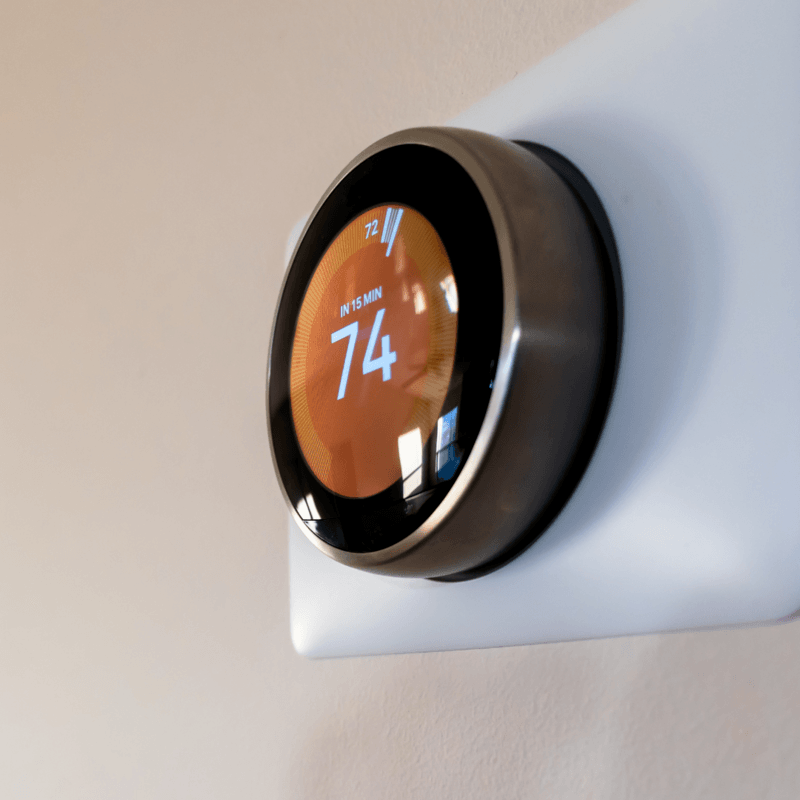
Energy Efficiency
Older furnaces tend to have lower energy efficiency ratings compared to modern models. Replacing an older furnace with an energy-efficient model can result in significant savings on heating bills over time. Look for furnaces with high Annual Fuel Utilization Efficiency (AFUE) ratings, as they indicate better efficiency. The initial investment in a new furnace can be offset by the long-term financial benefits of lower energy bills and a reduced environmental footprint.
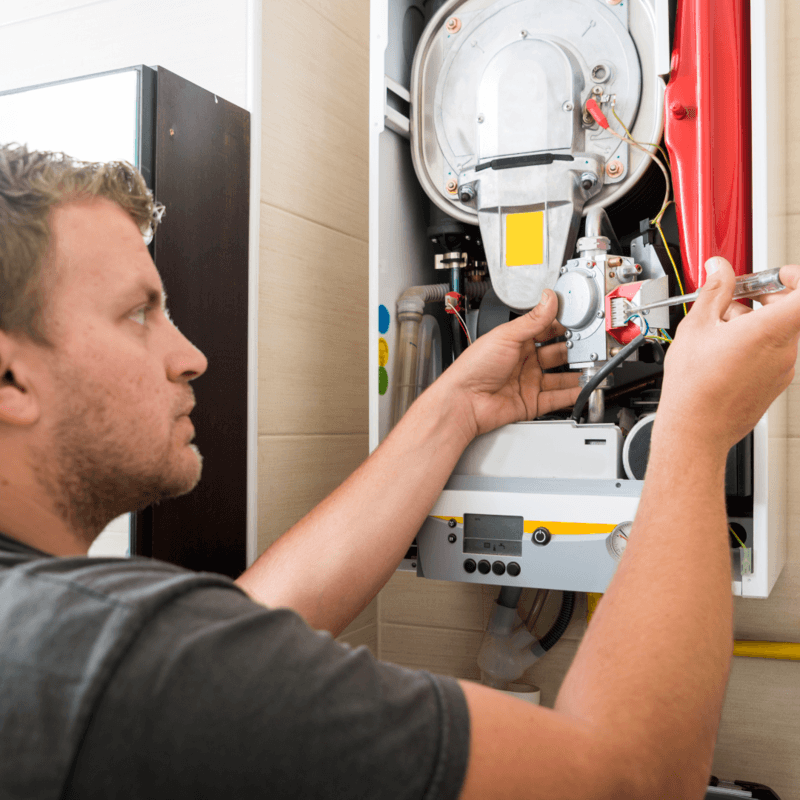
Frequency of Repairs
Consider the frequency of repairs your furnace requires. A furnace that breaks down frequently can be a source of ongoing frustration and inconvenience. Continuously repairing an aging furnace can prove to be an expensive and never-ending cycle. If your furnace has been unreliable and requires regular fixes, it may be time to replace it and save yourself the hassle and cost of frequent repairs.
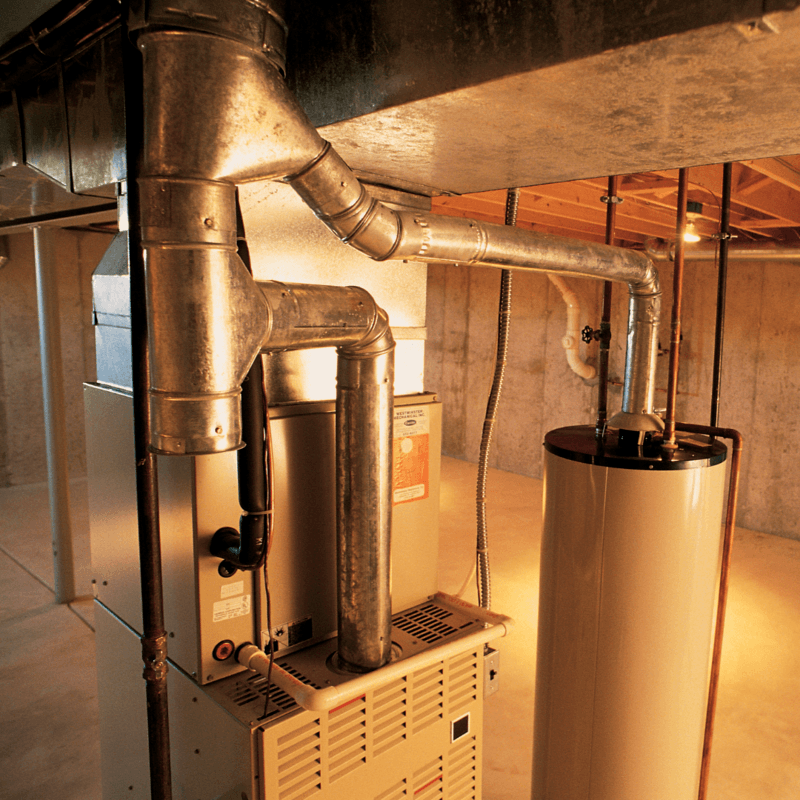
Safety Concerns
Furnaces that pose safety hazards, such as leaking carbon monoxide or cracks in the heat exchanger, should never be repaired; instead, they must be replaced immediately. The safety of you and your family should be the highest priority when making these decisions. Regular inspections by a qualified technician can identify potential safety issues and provide guidance on whether repairs or replacement are necessary.

